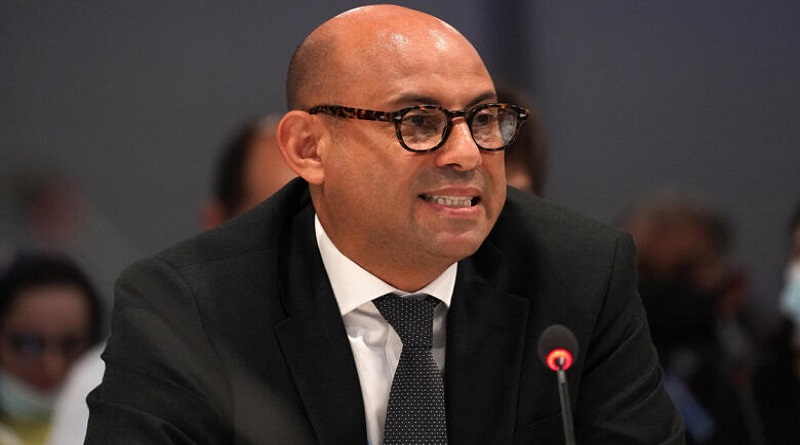Parties to review implementation of Lima work on gender, action plan
In line with the COP28 decision on gender, Parties are preparing to undertake a comprehensive review of the implementation of the enhanced Lima work programme on gender and its gender action plan. The review process will start during the Bonn Climate Change Conference in June 2024, with the aim of identifying progress, challenges, gaps and priorities in the implementation of the work programme and its action plan.
The year 2024 marks 10 years since the adoption of the Lima Work Programme on Gender at the UN Climate Change Conference in 2014 (COP20). Five years later, Parties held its first review, acknowledging the important role of the work programme in advancing gender equality and women’s empowerment in the UN Climate Change process and noting that gender-responsive implementation and means of implementation of climate policy and action can enable Parties to raise ambition, as well as enhance gender equality and just transition. At the UN Climate Change Conference in 2019 (COP25), they adopted the enhanced Lima work programme on gender and its gender action plan, which will be reviewed this year.
The diversity of views and inputs from different stakeholders are essential for a successful review process. Therefore, Parties, UN entities, constituted bodies, and relevant organizations are invited to present their inputs through the submission portal by 31 March 2024. These contributions should reflect on progress made, remaining challenges, gaps and priorities for the implementation of the enhanced Lima work programme and its gender action plan, as well as a reflective analysis of future work to be undertaken on gender and climate change.
10 years of advancing gender-responsive climate action
The implementation of the enhanced Lima work programme on gender and its gender action plan fostered progress in key areas to promote women’s empowerment and gender equality both in the climate decision-making process and in the implementation of gender-responsive climate action.
Positive developments on gender and climate change are also reflected on Parties’ national implementation, with 97% of National Adaptation Plans (NAPs) and 77% of Adaptation Communications submitted by December 2022 making explicit reference to gender. Parties are also increasingly taking gender into account in their Nationally Determined Contributions (NDCs) and recognize gender mainstreaming as a way to increase the ambition and effectiveness of their climate action. According to the latest NDC synthesis report, published in 2023, 79% of Parties provided gender-related information in their NDCs and 33% stated that they would take gender into account during implementation. In contrast, in 2023, 50% of Parties’ long-term low-emission development strategies (LT-LEDS) made reference to gender, and only 25% included significant gender considerations.
Another significant achievement was the appointment of national gender and climate change focal points by more than 100 countries. Furthermore, the understanding of the linkages between gender and climate change has been enhanced both through negotiations under the dedicated agenda item, and the implementation of numerous events and reports on the topic, including on: the differentiated impacts of climate change and the role of women in climate action, good practices in integrating gender into constituted bodies’ processes, gender composition of climate negotiations, leadership of Indigenous women and women from local communities in climate policy and action, among others.
While progress has clearly been made, there is also evidence that more action is needed to further advance gender equality and women’s empowerment in the climate arena. The next round of NDCs (2025) will be a vital opportunity for that. The outcome of the first global stocktake (GST) reaffirms that in their next NDCs, Parties will reflect their highest possible ambition and encourages them to implement climate policy and action that is gender-responsive.
The Lima work programme on gender: a watershed in climate action
In a pivotal step in 2014, the Conference of the Parties laid the groundwork for the inaugural Lima work programme on gender (LWP) through the Decision 18/CP.20. COP22 decided to extend the initiative for another three years. The following year, COP23 adopted the first gender action plan, defining activities under five priority areas for action to advance women’s full, equal and meaningful participation, promote gender-responsive climate policy and the mainstreaming of a gender perspective in implementing the Convention. In 2019, two years later, COP25 adopted the five-year enhanced Lima work programme on gender and its gender action plan, which will be reviewed this year.




